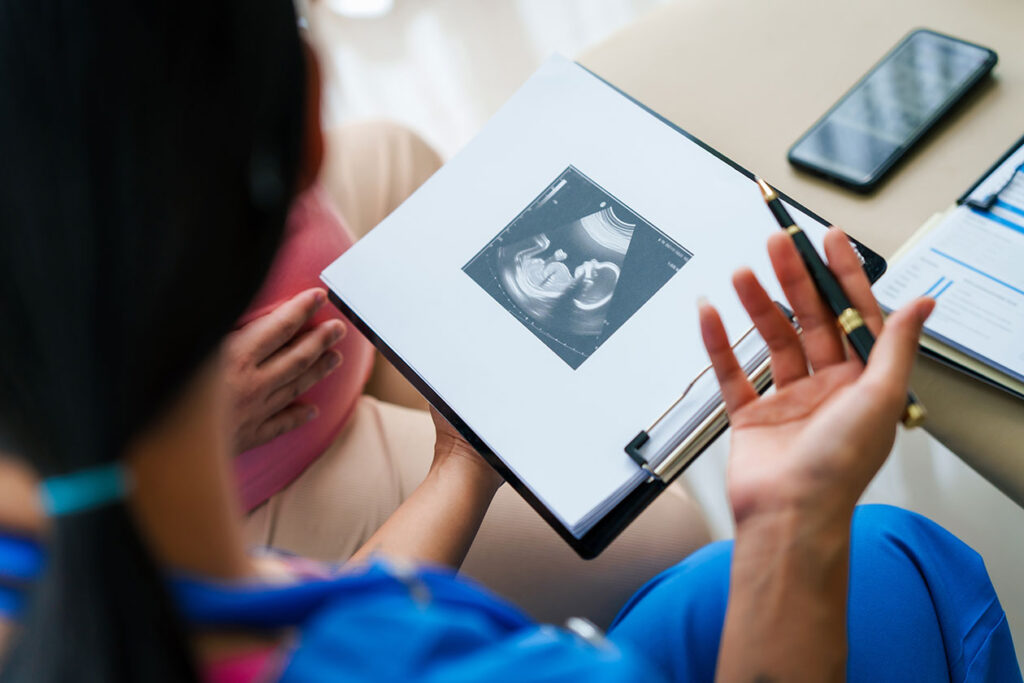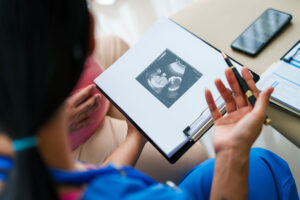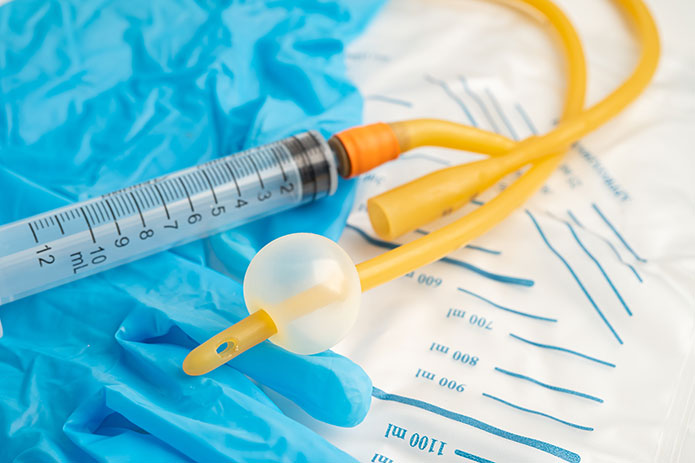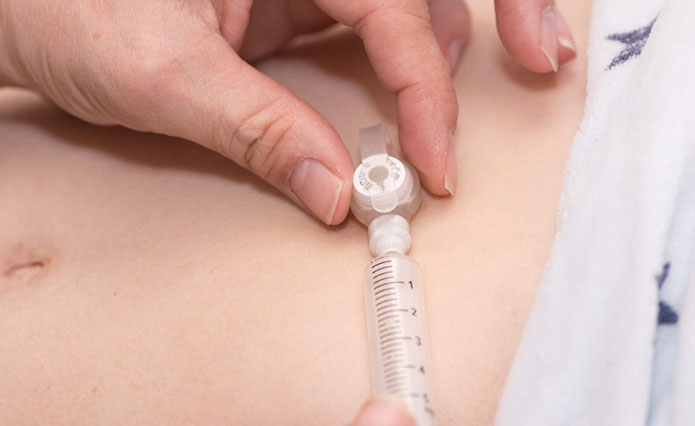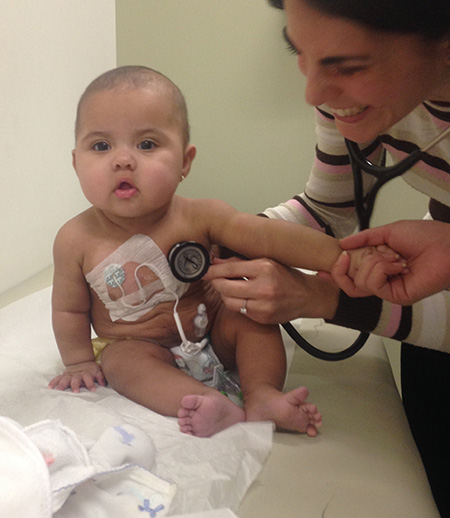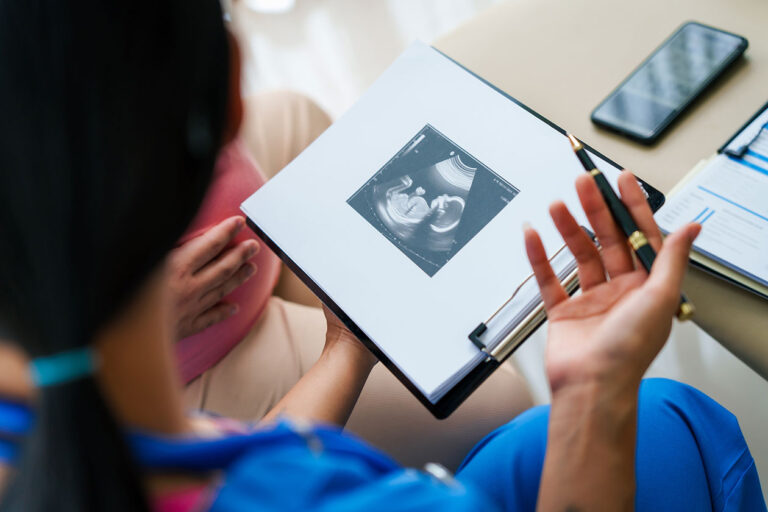Two days had passed since she was born — two days filled with a constant flow of doctors from different specialties and cultures walking in and out of my postpartum room. At last, they gave us a diagnosis — one that no one, not even in their darkest nightmares, could have ever imagined.
The Syndrome of What?
The baby has ‘Berdon Syndrome.’ All I managed to understand was the word ‘syndrome’ — repeated in my mind like an echo. Syndrome… syndrome… My mind raced to find a definition: a group of conditions or diseases that occur together. ‘Okay,’ I said, still lost, clinging to some hope, waiting for more explanation — especially from the interpreter, my brother-in-law. He had been the first to hear the devastating news — the first blow among many that would follow. He simply looked at me. His face turned pale, his expression broke, and his tears fell without restraint. In that moment, without needing a single word, I knew that nothing was okay. We all cried — cried without even fully understanding what was happening — desperately waiting for the Spanish translation of the doctors’ words. But even when the explanation came in our own language, it was impossible to fully grasp the depth of what that terrifying syndrome truly meant…
The Oficicial Definition
Megacystis-microcolon-intestinal hypoperistalsis syndrome (MMIHS), also known as Berdon syndrome, is a severe autosomal recessive disease with a life expectancy of less than one year. It is commonly detected before birth and manifests rapidly in the immediate neonatal period, characterized by a distended bladder and decreased or absent peristalsis in the gastrointestinal tract. Intestinal obstruction, which is common in these patients, prevents enteral feeding and leads to abdominal distension and persistent bilious vomiting. This syndrome has a very low incidence; the first case was described by Berdon in 1976, and since then, only about a hundred cases have been reported. The prognosis for this disease is poor, and although there are some cases of prolonged survival, the majority of affected individuals do not survive beyond the first year of life, usually passing away due to postoperative complications, secondary to parenteral nutrition, sepsis, and renal failure. Nutritional support, particularly through prolonged parenteral nutrition over several months, is a key component of the therapeutic strategy, significantly impacting the quality of life for both the patient and the family.
Reference: https://scielo.isciii.es/scielo.php?script=sci_arttext&pid=S0212-16112008000700015
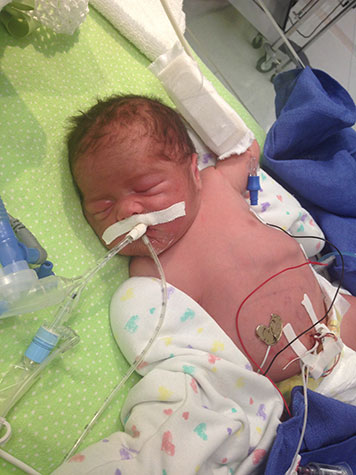
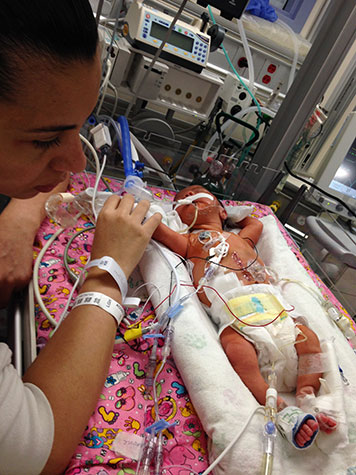
When a Word Changes Everything
In simpler words, Georgia was born with malrotated intestines. In addition, her colon had not fully developed, and her intestines had no motility. Her bladder was extremely enlarged (by 28 weeks of pregnancy, it was already the size of a full-term baby’s bladder and kept growing each week); because of this, she was retaining urine, which was backing up through her ureters into her kidneys, causing them to become inflamed. Her small intestine was not moving, and her stomach couldn’t tolerate any type of food. On top of that, because she was born prematurely at 34 weeks, the doctors weren’t sure if her lungs had developed enough for her to breathe on her own. She also had a hole in her heart, and we had to wait a few more months to find out whether she could move her limbs properly.
In every ultrasound performed each week, all we could see was her bladder growing larger and larger; the rest of her organs were hidden. The bladder covered her lungs, her kidneys, and her intestines — the only visible image was a huge mass filling her entire torso: her bladder. It was still unknown whether those organs would function properly, as the pressure caused by the oversized bladder might have prevented their normal development.
Each week, her bladder kept growing and retaining more urine. The doctor suspected several possible medical conditions but couldn’t define exactly what it was. He said we would have to wait until she was born to know for sure.
At every doctor’s visit, the medical staff tried to prepare me for what would happen when Georgia was born. They even took us on a tour of the neonatal intensive care unit floor — the place where, according to them, Georgia would spend a long time. My husband and I refused to believe this was real. We held tightly to a certainty — the kind of certainty that wraps around you when you’re clinging to hope — that everything would turn out fine, that nothing the doctors warned us about would actually happen, that if something really was wrong, God would fix it. They gathered several doctors to meet with us. They introduced us to social workers, psychologists, pediatricians — a whole team of specialists meant to help us cope with the suffering that was coming. But nothing, absolutely nothing, could even come close to preparing us for what actually happened when she was born.

